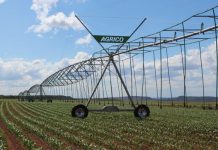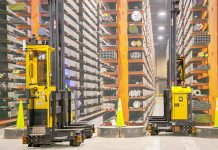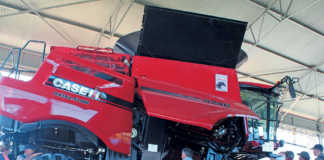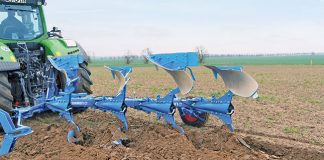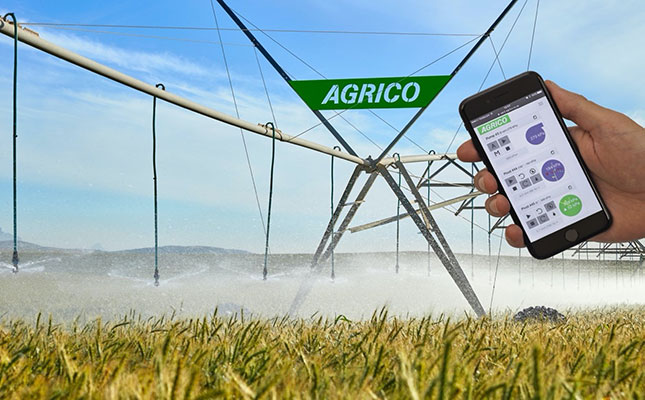Composting is an enhanced method of breaking down organic materials into a product beneficial to soil and plants.
Decomposition of organic material in a compost pile depends on the sustained activity of decomposer microbes. Any factor that slows the activity of these microbes slows the composting process.
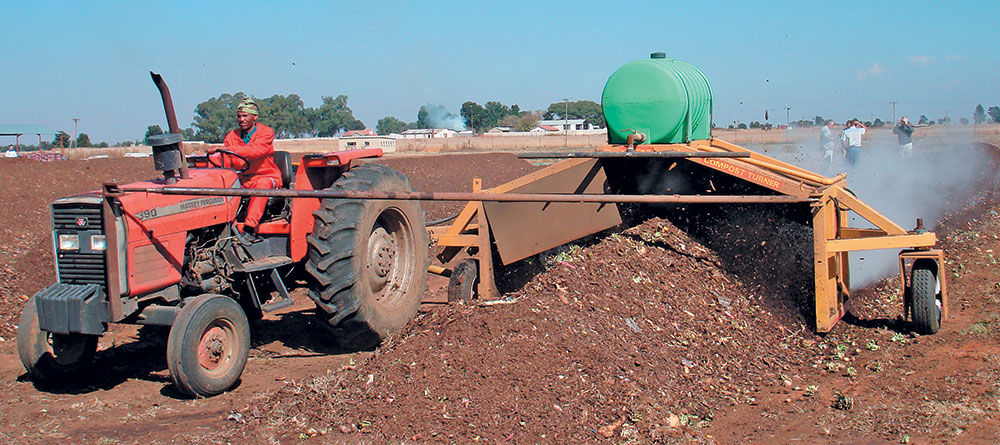
Front view of the Ritlee TM3 compost turner. Photo by Ritlee
Efficient decomposition occurs when aeration and moisture are optimal. Mixing the material at appropriate intervals provides the necessary oxygen and speeds up the process.
Ritlee, based in Edenvale, Gauteng, manufactures compost turners and other equipment used in composting. The tractor-drawn Ritlee TM3 compost turner can turn rows 3m wide and 1,5m high at a rate of 675m3/h. It requires a 40kW tractor with a crawler gear giving a ground speed of around 300m/h.
The turner is fitted with a 500l tank and a spray boom, enabling moisture to be applied during the turning process (an optional tank for applying microorganisms can be supplied). The working height of the rotor is controlled hydraulically from the tractor.
Ritlee has provided a number of these machines to composting operations at municipalities, chicken farms and feedlots around South Africa.
The TM3 features a specially designed rotor with spatula-type blades that work to the centre from both sides, enabling a very large volume of fresh air to flow through the row and expelling carbon dioxide build-up.
Large rows
The generous size of the Ritlee TM3 enables it to turn, aerate and irrigate a large row of compost. The size of this row should not be exceeded, however. To retain as much fresh air in the compost pile as possible, it is crucial to avoid compressing the material as it emerges from the rear of the tunnel.
Carried out properly, composting can turn hard-baked dung from a feedlot into friable compost, rich in nutrients, that can be handled by lime or fertiliser spreaders. Studies show that proper composting can liberate up to seven times more nutrients in any given quantity of farmyard manure.
Joe Spencer is the mechanisation editor of Farmer’s Weekly.




